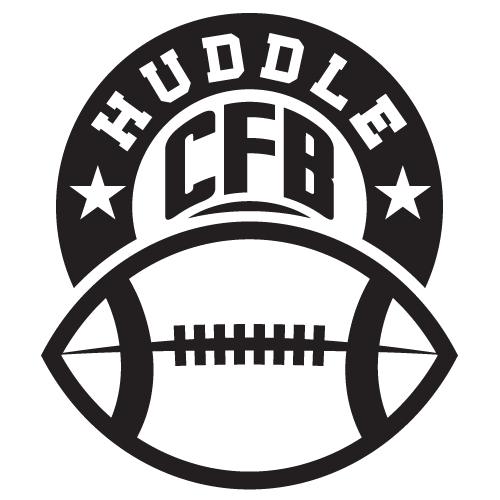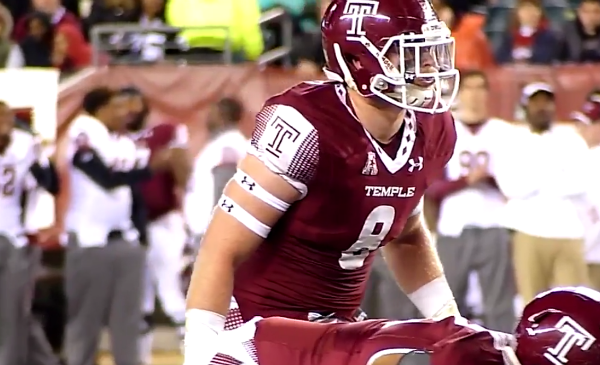How the NCAA might intervene on allegations the late Joe Paterno knew of disgraced defensive coordinator Jerry Sandusky’s sexual abuse of children as early as 1976 should not have been your first thought upon hearing the news. It shouldn’t have been your second, or even your third.
Football should be the furthest thing from your mind. In fact, football taking precedent may well have facilitated Sandusky.
If you’re thinking about these new allegations against Joe Paterno in terms of future bowl games or stripping past championships, read the grand jury report on Sandusky. Don’t flinch. Absorb the harsh reality that Jerry Sandusky preyed on children — economically and socially disadvantaged children — and Graham Spanier, Gary Schultz and Tim Curley were found guilty of child endangerment and failure to report.
Even giving Paterno the benefit of the doubt, three men with the authority to act turned a blind eye to a monster.
The world may never know the extent to which Joe Paterno knew of Sandusky’s evil. The 1976 allegation will prove especially difficult to prove or disprove. There were no email servers to archive any digital interaction, and likely no paper trail — if one ever existed — after 40 years passed.
And yet, it won’t take long for the overarching discussion around Penn State to focus on Paterno’s place in history. Fierce loyalty to the late coach long dominated the reality of Sandusky’s arrest and incarceration, to a point it helped drive Bill O’Brien out of the football program after just two years.
Allowing football to dictate the approach to criminal matters may have helped spawn the ongoing problem at Baylor. Defensive end Shawn Oakman — arrested last month on sexual assault charges — was previously arrested in January 2013.
Oakman played three full seasons for the Bears after that arrest, with nary a word coming up of the 2013 charges. It was only after the April arrest that Oakman’s prior transgressions came to light. Might the 2016 incident have been prevented with further action in 2013?
Meanwhile, does Oakman’s playing career explain why defensive coordinator Phil Bennett told boosters in June that Sam Ukwuachu would be ready to go for the 2015 season, two months before Ukwuachu was found guilty of sexual assault?
These are questions without definitive answers, in part because of the deafening silence emanating from Waco. The Dallas Morning News published an important look at Ken Starr’s inaction. This ran Thursday, the same day the new allegations against Joe Paterno surfaced.
It’s like a bad case of deja vu.
Like Paterno at Penn State, the extent of what Art Briles knew remains unclear. But like Sam Ukwuachu, whose transfer from Boise State came under scrutiny last year, Oakman came to Baylor under inauspicious circumstances. Oakman was booted from his previous team before transferring to Baylor. That team? Penn State.
Taking on transfers with violent histories comes with inherent risk. Briles’ program now has two high-profile missteps with that risk.
If your thought on the ongoing turmoil at Baylor centers on the possibility of the NCAA stripping scholarships, banning the Bears from bowl games, etc., please gain perspective. Read the reports on Oakman. Don’t flinch.
Shawn Oakman 2013 Incident Report page 1 #BaylorScandal pic.twitter.com/1m7j5pj27Y
— Alex Dunlap (@AlexDunlapNFL) April 25, 2016
Football’s supposed to be fun, which is my motivator for covering the sport. But it’s not life. Sports are meant to be a diversion from life, not life itself.


